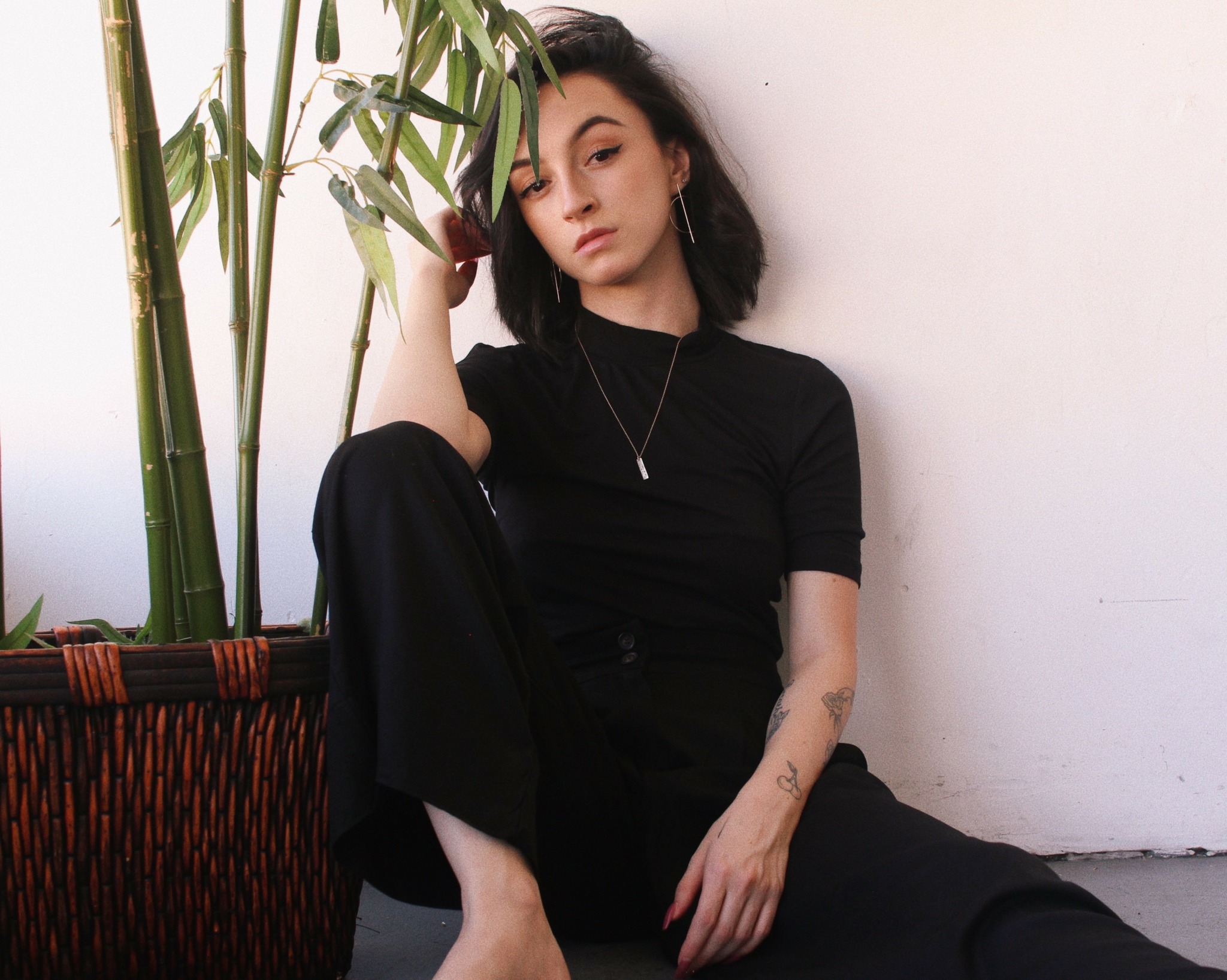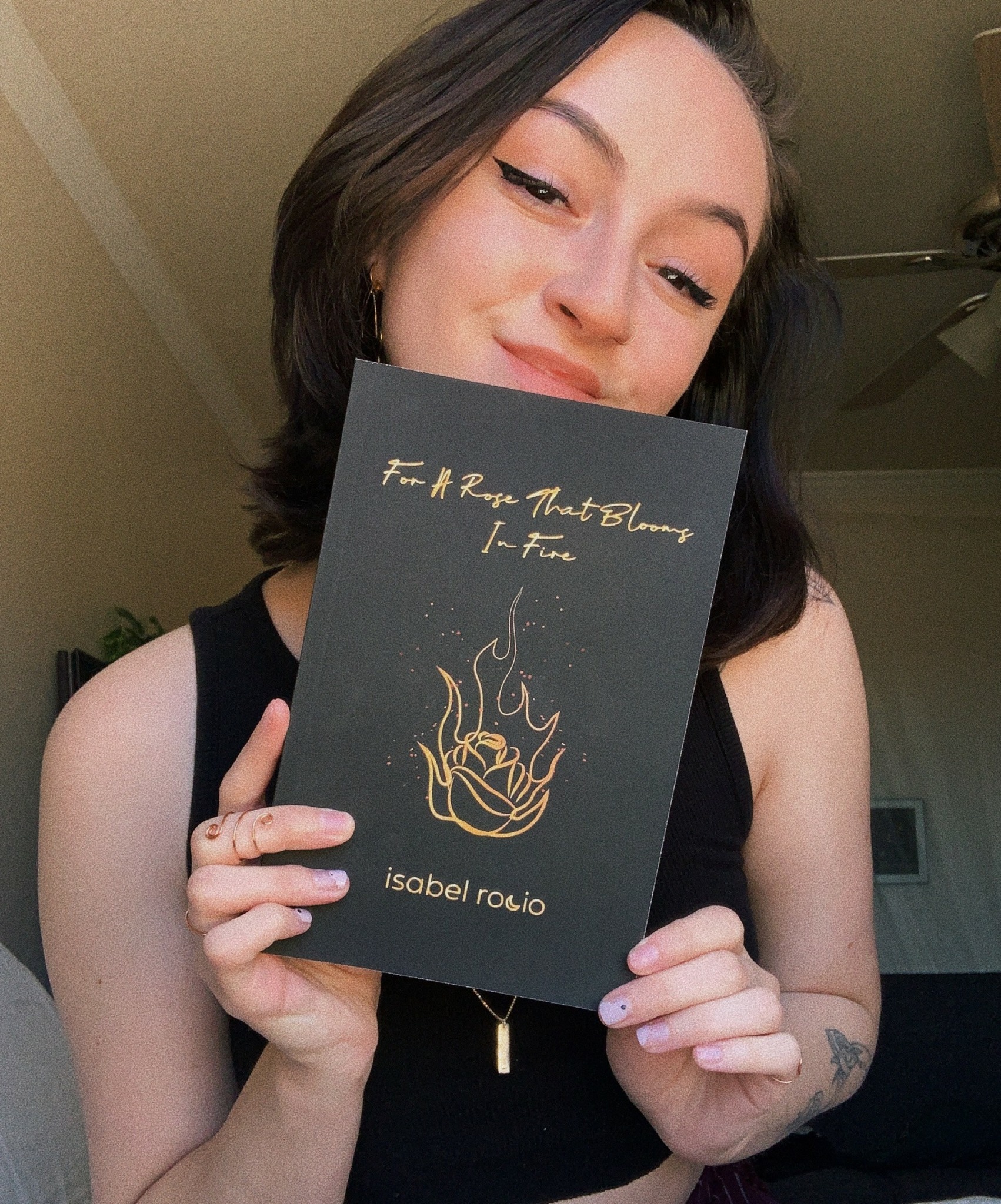We were lucky to catch up with Isa Rocio recently and have shared our conversation below.
Isa, thanks for taking the time to share your stories with us today I’m sure there have been days where the challenges of being an artist or creative force you to think about what it would be like to just have a regular job. When’s the last time you felt that way? Did you have any insights from the experience?
I think the ironic thing about working as a creative—at least for me—is that you’re constantly teetering along the line of feeling blessed to be so embodied in your creative gifts and drive, while also feeling that constant outside pressure to prove that pursuing any creative path is ‘worthy’ in the eyes of society.
I wonder about once a month if I would be happier working a regular job. Not because I’m unhappy pursuing what I’m passionate about, but because there are constant reminders that working as a creative is risky and requires a lot of grit, especially when we live in a world that is so expensive to live in! But no matter how often I wonder if it would take the stress off of me to just get a regular, high-paying job, and put my creative pursuits to the side, the thought of not having that outlet and giving up on myself seems more misery-inducing than toughing it out and holding onto determination. Because at the end of the day, money is one of the only initial downsides of pursuing a creative career—I say initially because we also live in a world where the sky’s the limit to how successful you can be as an artist, thanks to social media—and I would much rather commit to creating and sharing my art at the risk of not living the most financially abundant existence, than make this existence all about money and miss out on the beauty that is art.
The selfish act of creation, and the selfless act of sharing those creations, is just as essential, if not more so, as making money. We need art. I wouldn’t be who I am if I didn’t allow myself the chance to explore my inner world through writing, and to connect with other beautiful people in coming together and sharing that inner world. So I don’t think I’d be happier working a regular job. I might have a bigger bank account, but I’d be void of something that is so necessary for my happiness and my healing. And also, truthfully, I’m determined to be a part of the movement that’s going on right now in which people are proving day after day that they can pursue their creative passions and still make a living. It’s beautiful to be part of the wave of people turning the traditional system on its head and carving out their own way.
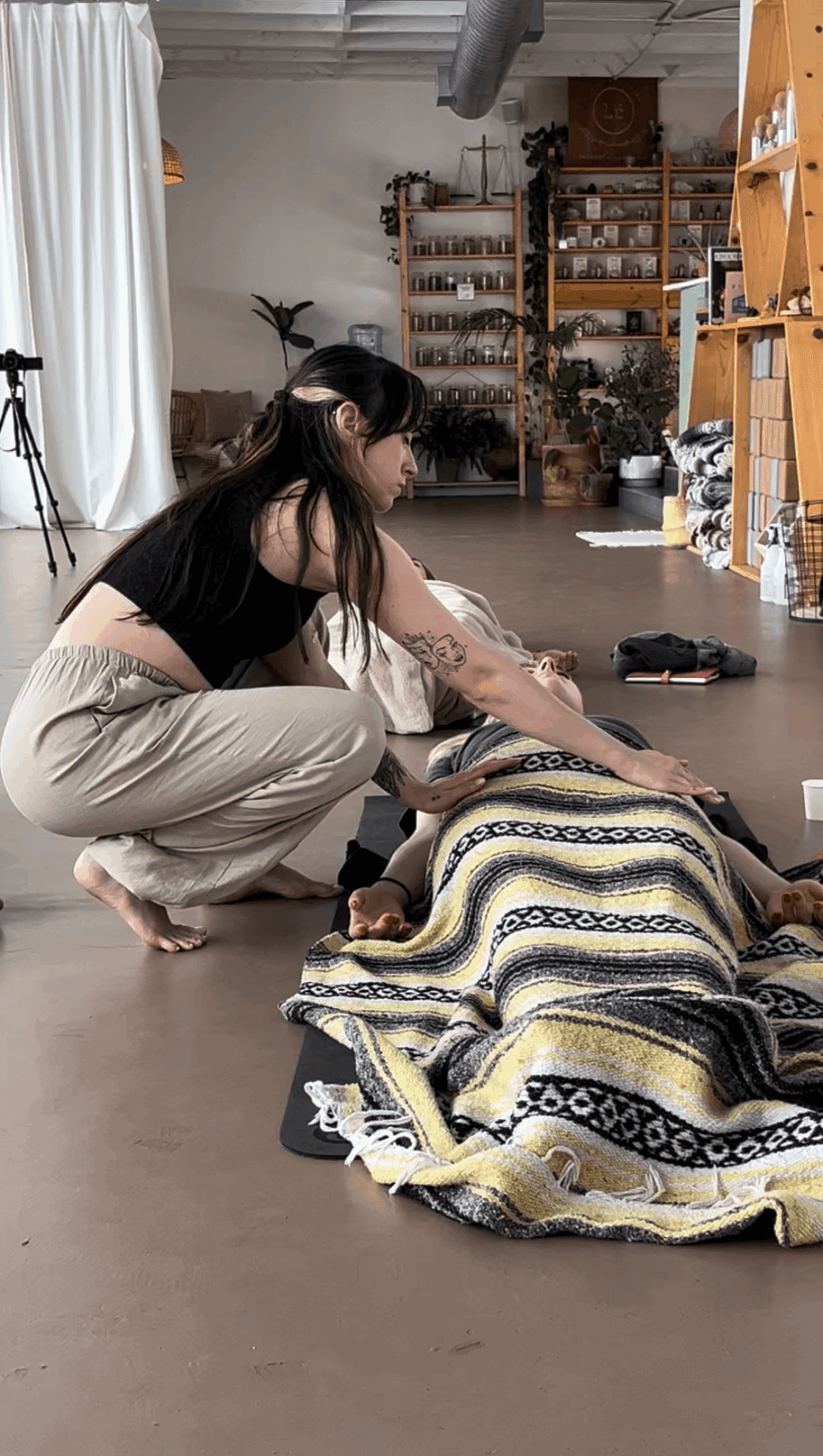
Great, appreciate you sharing that with us. Before we ask you to share more of your insights, can you take a moment to introduce yourself and how you got to where you are today to our readers.
For years I’ve bounced around from title to creative title, feeling like I had to just pick something. After really embracing my desire to write and share my work with people around 2020, I self-published my first poetry collection, ‘For a Rose That Blooms in Fire’. I’d been sharing snippets of my poetry on instagram for a couple of years at that point, and publishing a book that actually made a decent amount of sales felt extremely affirming for my work as a poet. I think I held a lot of fear about not being ‘defined’ or ‘established’ as a creative in one particular field, so despite there being other creative ideas and desires I wanted to pursue, I kept myself in the ‘instagram poet’ box for a while, not really allowing myself to venture beyond that.
Four years later and I could care less about the boxes. I am a poet, a dancer, a meditation teacher, energy healer, workshop facilitator, podcast host, and more. I spend my time working on my second poetry collection, creating for my podcast, hosting healing workshops, and I plan on getting more involved in the spoken word scene. While past-me would have thought I’d be spreading myself thin, right now I see all the work I do as being fully integrated. All of it serves the same purpose.
On my podcast, ‘The Emotional Alchemist’, I discuss various modes of healing, be it through creativity, meditation, or energy healing, so we can live an embodied life that feels authentic to who we are. Much of the writing I share also holds a spiritual and introspective element that I hope invites others to get really honest with themselves in order to heal and feel more free in their life. Energy healing is just another creative outlet, one in which I’m holding space for someone else’s healing process, which is not so different from the way sharing my writing holds space for people to witness some hidden part of themselves. One is just more indirect than the other, and both are fulfilling in different ways.
In both my writing and my healing work, I put a big emphasis on the taboo—things like shadow work, exploring and healing our relationship to sensual expression, reclaiming power especially for women and queer people, re-learning how to feel our emotions and be in our bodies, and accepting all parts of who we are, especially the parts that society tries to byet. I love to deep dive into what most people don’t want to look at or talk about, because it’s important. There’s a quote from James Baldwin on the role of the artist as being the same as that of a lover: ‘If I love you, I have to make you conscious of the things you don’t see.’ That ideal is a foundation for all the work I do.
I take pride in knowing that with all of my endeavors, I never filter myself to make myself appealing to the masses. I want people to find exactly what they’re looking for, even if that means seeing the full-spectrum of my work and choosing to go in another direction. Art is personal. Healing is personal. If I’m choosing to be of service in the work I do, I want to be of service to people that truly resonate with what I have to offer, for my sake and for theirs! Someone who doesn’t resonate with my writing or my style of healing work can now hopefully find someone that does speak to them. I always encourage people to trust their own intuition when consuming or paying for any kind of service.
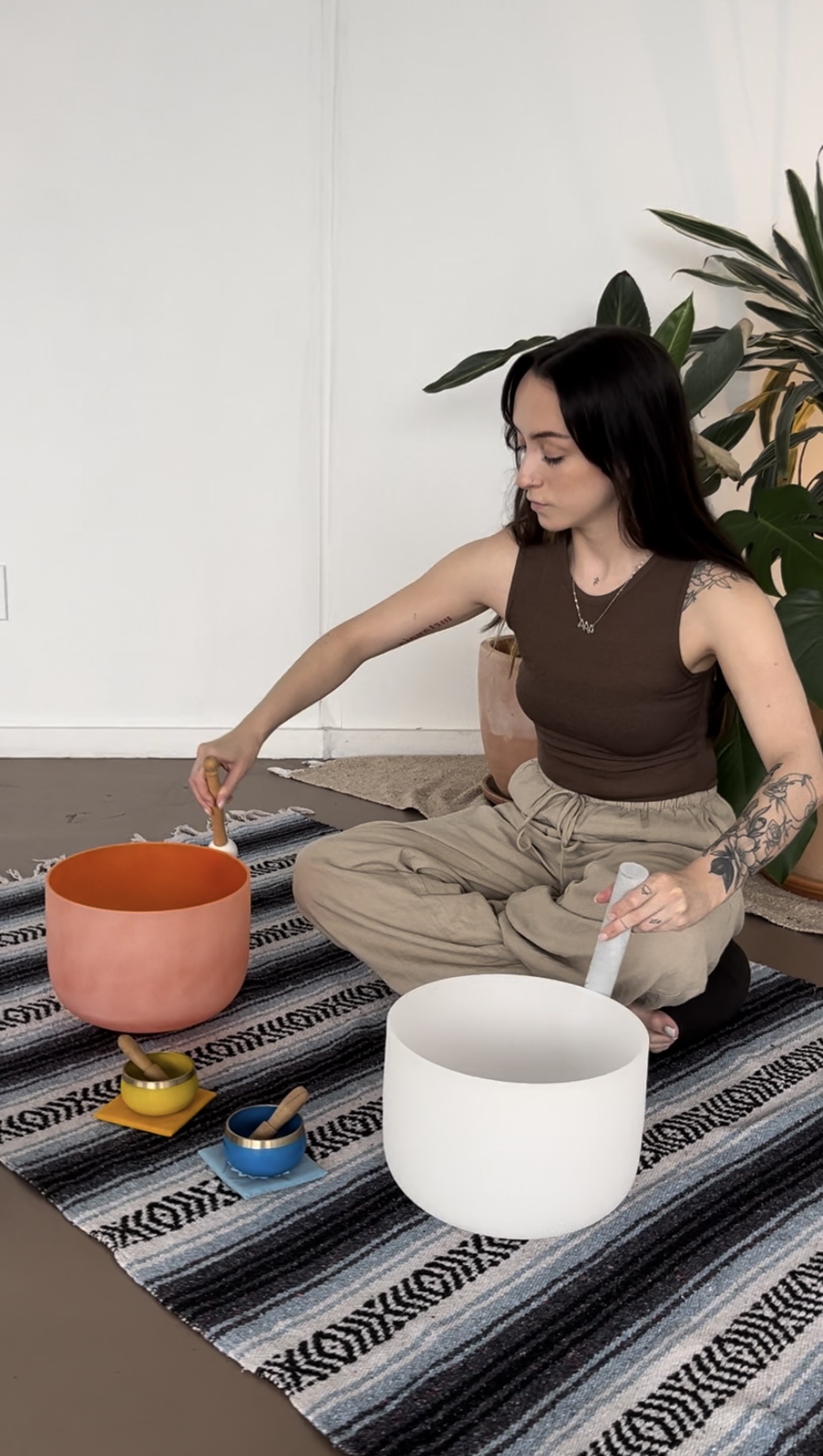
Can you share a story from your journey that illustrates your resilience?
As someone who has struggled with mental health from a young age, there was a period of time in the last year when I felt like, maybe I didn’t really have much to offer anyone if I couldn’t keep myself from falling into waves of depression or overcome my feelings of anxiety. I started to really question how sustainable the work I was doing was when it felt like my mental health was constantly working against me.
It took a lot of deep work in therapy and also learning how to be in community with loved ones to realize that no one—especially creatives—is exempt from struggle. I remembered that the whole purpose of sharing my first poetry collection, an exploration of the abusive relationship I was in as a teen, was to heal and to help other people heal, too. I remembered that my desire to learn as much as I could about meditation, nervous system regulation, spirituality, and energy healing was so that I could find ways to cope with my mental health and share those tools with others.
Even though I’m not exempt from bouts of feeling insignificant or incapable or pursuing my passions, I do know that most artists and healers pursue the work they do precisely because they know struggle and can speak to that very human experience. I’ve spoken to close friends in the same industries as me who also struggle with similar things—imposter syndrome, feeling like they need ‘too much’ time to take care of their mind and body to keep up with the demands of capitalism, feeling like maybe their work just isn’t important or impactful enough. We all struggle with these things, but it’s very easy to believe that we’re alone in it when we’re knee-deep in a bad season of mental health.
Seeing how I was able to pull myself out of such a dark place and begin to feel like myself again, is a reminder that the struggle is just another part of the experience. It doesn’t have to be the majority of our experience (I think it’s time we let go of the starving artist trope) but it is an inevitable part of this experience, and if we’re willing to remain open, can teach us so much more than if life felt perfect and peaceful all the time.
Now I’m in a place where I recognize that as a spicy-brained person, I get to learn how to ride the waves instead of having so much resistance to them. I may never be able to operate on the level of a Fortune 500 CEO, but I don’t actually have any desire to. I get to find ways to make my art and my business work for me and my needs, rather than against me. There are days when it feels frustrating not being on 100% all the time, but the more I accept that I need that extra nurture and care in order to get things done, the easier the path actually is.
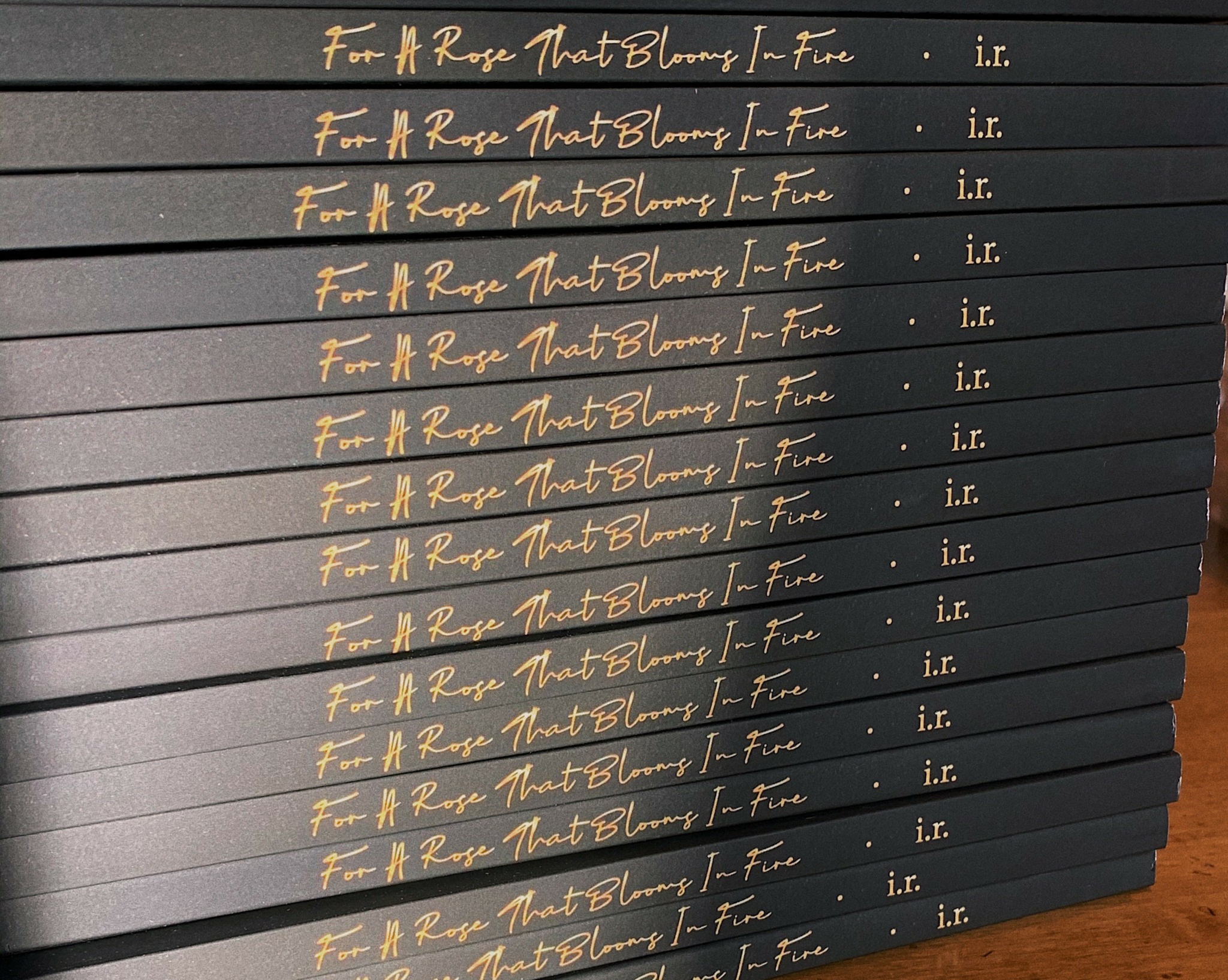
What can society do to ensure an environment that’s helpful to artists and creatives?
Pay creatives what they’re worth. Full stop!
But, truly, I think we as a society can absolutely afford to create more space for creatives to thrive, not just because of the power art holds in bring people together, but also because creative and innovative thinking is paramount for any society to progress. Encouraging creativity in young people is key. Normalizing art as an essential part of society is key. Bringing artists and healers into corporate spaces is key. We’re already seeing a lot of big companies prioritize things like wellness days and providing those resources to their employees, and I think that’s only the beginning. Recognizing that creativity is not only important for professional artists, but for all human beings, could lead us down a path of creating much better work environments, work-life balance, and impact mental health across the board. So many of us are beyond disconnected from our purpose, our hearts, and our happiness, because we’ve been conditioned to believe that a functioning society prioritizes work above all else—forgetting that people actually work better when they can prioritize things that are done for the joy of it and nothing else. I could go on about all the ways money could be allocated to supporting creatives and healers’ success, but truly our overall mindset towards these kinds of pursuits is most important. Just understanding their value is important. We need the writers and the painters and the healers much more than we might think.
Contact Info:
- Website: https://isabelrocio.com
- Instagram: @itsisarocio
- Other: The Emotional Alchemist podcast is available on all major streaming platforms
